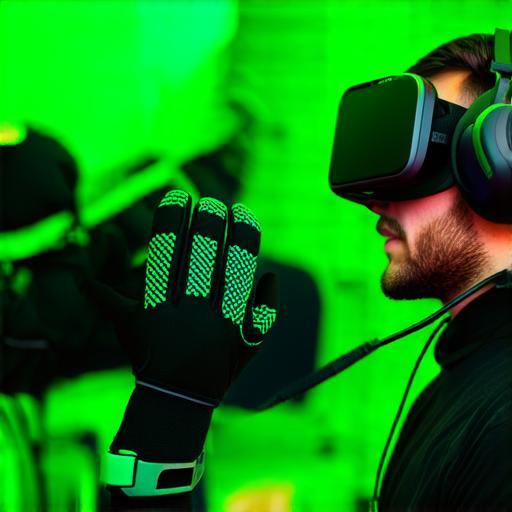
What competencies are necessary to pursue a career in virtual reality?
Virtual reality (VR) is an exciting field with numerous applications across various industries such as gaming, education, healthcare, and more. If you’re considering pursuing a career in VR, here are some of the essential competencies that you should possess.

Programming skills
Virtual reality requires specialized software and hardware to create immersive experiences. Proficiency in programming languages such as C++, Unity, or Unreal Engine is crucial. You should also have experience with game engines, which are used to develop VR applications. Additionally, knowledge of scripting languages like JavaScript, Python, and Java can be helpful in creating interactive elements within a VR environment.
Math and science skills
Virtual reality requires an understanding of mathematical concepts such as linear algebra, calculus, and geometry. You should also have a basic understanding of physics to create realistic simulations within a VR environment. Additionally, knowledge of computer graphics and 3D modeling can help you create immersive environments.
Design skills
Virtual reality requires good design skills to create engaging experiences for users. You should have experience with creating visual designs, user interfaces, and prototypes. Knowledge of design principles such as color theory, composition, and typography is also essential in creating VR experiences that are aesthetically pleasing and easy to use.
Communication skills
Virtual reality requires effective communication skills to collaborate with team members and explain concepts to non-technical stakeholders. You should be able to clearly communicate technical ideas to people who may not have a strong background in computer science or engineering. Additionally, being able to work effectively in a team is crucial for successful VR projects.
Creativity
Virtual reality requires creativity to come up with innovative ideas and solutions to challenges. You should be able to think outside the box and approach problems from different perspectives. Additionally, having a strong imagination can help you create immersive environments that transport users into new worlds.
Summary
Pursuing a career in virtual reality requires a combination of technical skills, creativity, and design expertise. By developing proficiency in programming languages, math and science, and communication skills, you can position yourself for success in this exciting field. Additionally, being curious and imaginative can help you create engaging VR experiences that captivate users and drive innovation in the industry.


